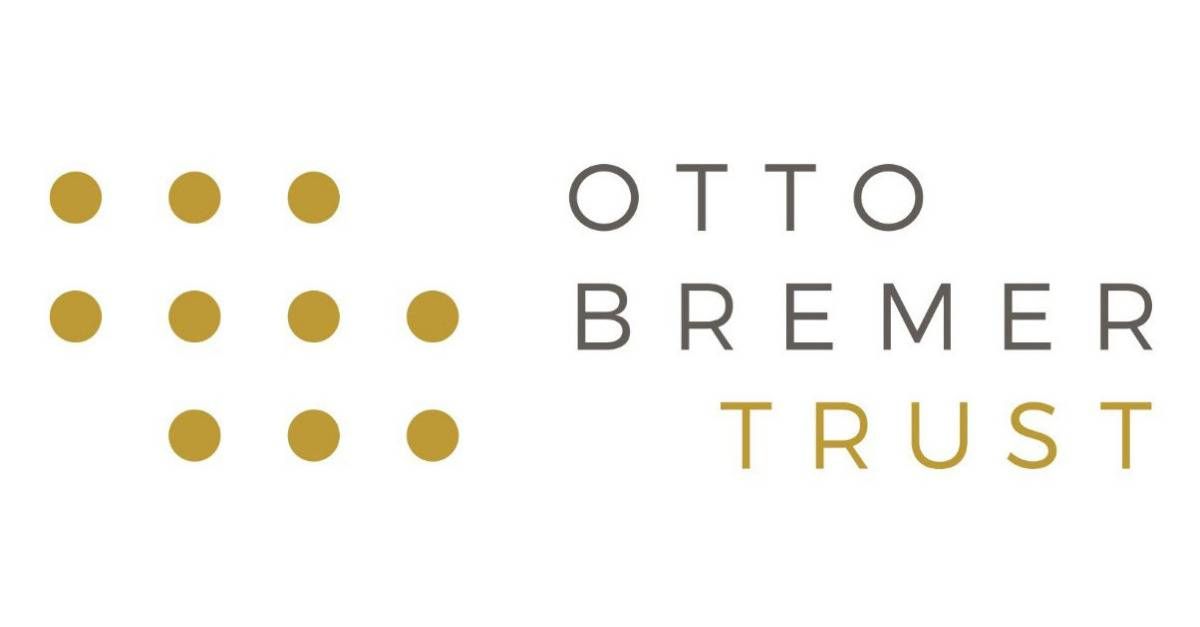UMN Students Stood Their Ground for Racial Justice in 1969
There’s a popular contraption developed in the Japanese auto industry that allows any worker who spots an issue along a vehicle’s assembly line to pull a cord and stop the entire process in order to grapple with the problem. This device, known as the Andon Cord, allowed for any defects to be addressed before they made their way down the manufacturing line, potentially affecting further work or even the consumer’s safety. In a similar vein, protests work in a very parallel way.
We see this sort of “cord pulling” often in our society. When negotiations fail over fair wages for teachers, those teachers “pull the cord” by going on strike. When the rights of our citizens are being abused and change cannot be enacted through the typical channels, we hit the street and stop the flow of “life as usual” in order to compel action. As Minnesota serves as the epicenter of a national movement to dramatically alter our police departments, it might be encouraging to revisit a successful protest from Minnesota’s past known today as the “Morrill Hall Takeover.”
In 1968, after a long history of mistreatment of Black students at the University of Minnesota and the recent assassination of Rev. Martin Luther King, Jr., students engaged in a series of negotiations with then-president Malcolm Moos for the support of Black students through scholarship funding, student support services and the creation of an African American Studies department.
When those negotiations failed, roughly 70 students staged an occupation of the U of M’s administration building, Morrill Hall, on January 14, 1969. After 24 hours of barring anyone from entering the building, the students' demands were met, resulting in the African-American studies department - one of the first and longest lasting Black studies departments created during this period of national student movements. The protest also lead to the MLK Program, which carries forward the goal of supporting students from underrepresented communities through the college experience and preparing them to succeed after graduation.
Halting the machine has been woven into our American identity since the first time we threw British tea into the ocean. Ideally, our world would be void of any and all social defects that put people at risk, but until that day comes, folks will continue to “pull the cord.”
Listen to a speech given by Dr. Martin Luther King, Jr. at the University of Minnesota in 1967, followed by an interview hosted by Minnesota’s first African-American judge, L. Howard Bennett, during which they discuss ideas, methods and words of wisdom on how to achieve the goal of a free society for all.

This story is part of the digital storytelling project Racism Unveiled, which is funded by a grant from the Otto Bremer Trust.
A surge of minority voices has responded to the police killing of George Floyd. In the weeks since Floyd uttered, “I can’t breathe,” as ex-Minneapolis Police Officer Derek Chauvin pressed down on his neck, a new collective of individuals is taking action by running for office, engaging in politics and stirring change among youth. But is the momentum a movement or a moment?
Celebrating the University of Minnesota’s 50th Anniversary of the African American Studies program, the Twin Cities PBS documentary This Free North reflects on the people and events that led to its formation as well as its connection to, and influence on, contemporary students. In the act of looking back, this documentary reminds the viewer that history is complicated, divisive, ongoing.
